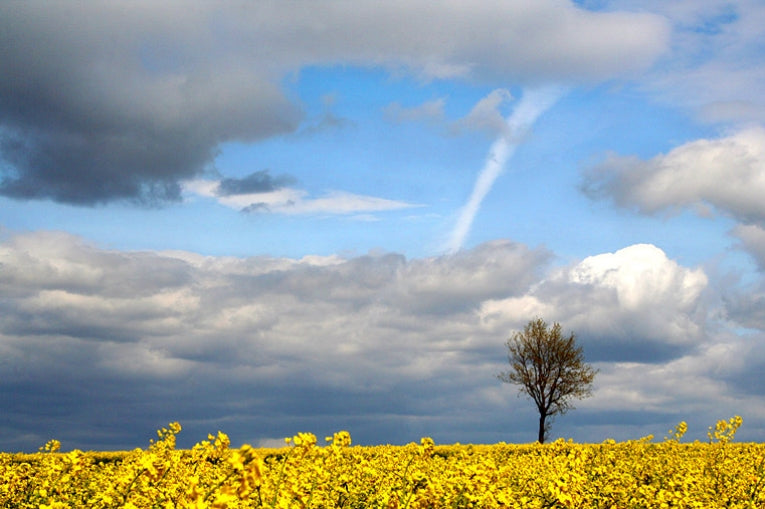Famous for his Archdruid Report, John Michael Greer is one of the most clear-sighted of authors who are grappling with the multiple crises of peak oil, climate change, pollution, and the social and economic factors which make our leaders' responses to these scourges so difficult. The book is at its heart an extensive critique of economics, and how it is blind to the natural resources, pre-eminently energy, which actually underpin the last two centuries' "abundance of wealth".
Greer, who actually is a druid, the Grand Archdruid of the Ancient Order of Druids in America, is not some woolley-thinking mystic, but an enormously well-read and erudite scholar. The Wealth of Nature forms a trilogy with The Long Descent and The Ecotechnic Future, by looking closely at how we are squandering our natural wealth and what the consequences of this will be.
After carefully demolishing much of contemporary economics, he follows the path of E.F. Schumacher, whose book Small is Beautiful set the blueprint for what is now called "Appropriate Technology". Unlike conventional economists, Schumacher recognised that the resources and energy from the natural world were a vital component of our life and society. Greer defines three spheres of activity: the primary economy of all natural processes, sunlight and energy resources derived from sunlight, like coal and oil; the secondary economy, which is all human production, which inevitably depends heavily on the primary economy - Greer quotes research which suggests that nature supplies 75% of the value of a product, with humans only supplying 25% - thus three out of every four dollars of wealth is reliant on nature, not man's ingenuity or technology. The third or tertiary economy, is money and financial services; here we have the problem in a nutshell - conventional economists, and the politicians they advise, think that the tertiary economy drives the secondary economy (they usually never think about the primary economy at all). This is upside-down, and a completely fallacious view of the world, which is leading the Western world into a disaster, as the Age of Abundance is constrained by resource limits and our whole system grinds to a halt, then will begin to contract as energy resources become scarcer and cannot power all of our activities.

Greer does not believe in a sudden, total collapse into the sort of feral existence depicted in the film The Road, he thinks it will be more of a long, slow decline, punctuated by periods of "business as usual" and economic crisies, as the tertiary economy reveals itself to be an illusion, and the amount of real wealth represented by money contracts to more concretely represent the amount of material goods in the world (the tertiary economy is worth trillions of dollars more than all the goods and services in the world put together).
One of the most interesting and radical parts of the book is where he suggests penalties and remedies for the corporations that degrade our environment, which consists of prosecuting their principals, where necessary, but also "imprisoning" their wealth, for a term, so that the money generated can be used constructively to benefit society and form a tax on predation by corporate shareholders. He suggests that the $250 billion poured away during the 2008 financial crash, would have been much more valuably employed rebuilding the U.S. Railroad system. Every natural resource of any kind used by the secondary economy should be subject to an extraction or pollution tax to more accurately reflect its loss to the commons of humanity.
The individuals who read this book will realise that the best way to insulate themselves from the future with its ongoing lack of abundance, is to downsize and downshift and do things like repair and mend, as well as growing some of your own food.
Our resilient ancestors did this all the time, it is only in an age powered by a superabundance of cheap energy that throwing away a product which has a minor defect and buying a replacement seems normal; such behaviour will look crazy in the near future. Sensible people will want to protect themselves as far as possible from the imminent "collision between the brittle front end of industrial civilisation and the hard surface of Nature's brick wall" and in the process, lead happier, less stressed lives.
Yet again Greer produces a classic, clear and understandable book to help us with the transition to a lower-carbon, more ecological way of living.
Top image: Yellow Field © Dagmara Ponikiewska | Dreamstime.com
Links:










